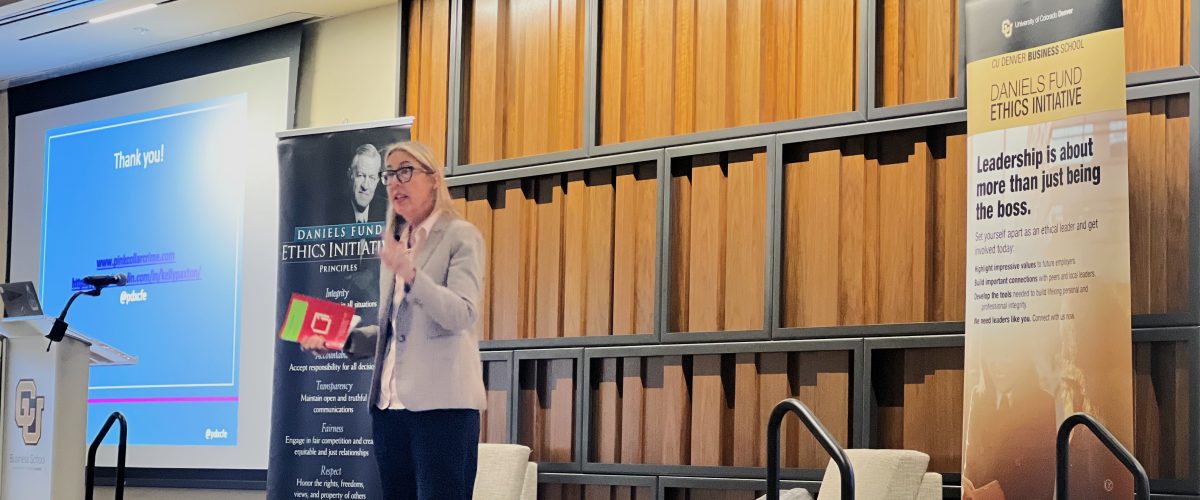
Lies, deception, embezzlement – words that are often associated with White Collar Crime. You might have read the sensationalist headlines about the controversial millions of dollars of Madoff and Martha. But, what about mere hundreds or thousands that are pilfered from organizations daily? Cue Pink Collar Crime.
Fraudsters are often considered to be criminals, and while fraud is clearly a wrongful deception, most guilty are good people who made a wrong decision. Employing friendly staff does not guarantee integrity. After all, there is no such thing as an honesty chromosome.
Nowadays, most fraud is committed by people with limited opportunities; oftentimes, these individuals are women. This type of embezzlement crime is titled Pink Collar Crime, a term popularized by Professor Kathleen Daly of Griffith University in a 1989 article published in the academic journal, Criminology. Pink Collar Crime has infiltrated many organizations over the years, notably in Higher Education with Yale School of Medicine who lost $40 million in a fraud scheme committed by a former administrator.
Given the frequency and pervasiveness of this style of crime, CU Denver’s Business School welcomed Kelly Paxton, Certified Fraud Examiner, to discuss this lesser-known activity. With over 20 years of investigative experience, Paxton has worn many hats, serving as a Private Investigator, author, and podcast host/founder of Fraudster (previously called Great Women in Fraud). During the presentation co-sponsored by the ACFE Colorado chapter and the Daniel’s Fund Ethics Initiative (DFEI) Collegiate Program, she defined Pink Collar Crime and identified “Pink Flags” to help mitigate the risk of financial crimes and ethical breaches.
Embezzlement: a fraud engendered by trust and opportunity
Many believe that embezzlement is fairly uncommon, yet it is “the crime on Main Street,” Paxton stated. Why is it that fraud has become so pervasive? Opportunity. With the world and workplace evolving, historically marginalized individuals have gained access to more opportunities. This, coupled with blind trust from peers and superiors, generated the perfect climate for easy, undetected theft.
Pink Collar Crime is actually justified by position rather than gender. Still, with women typically seated lower in their organizational hierarchies, they account for the largest demographic of fraudsters within this type of embezzlement. Though, less frequently, men do commit Pink Collar crimes, as well, often stealing larger sums of money granted by easier access in their companies.
“Fraudsters are most often good people who once made a bad choice in their life.”
Kelly Paxton
Paxton noted that most often, the motivating factor behind Pink Collar Crime is not greed but a need or a perceived sense of need. “Fraudsters are most often good people who once made a bad choice in their life,” she said. Paxton notes their self-deception, “I am going to pay this back. I’m not a criminal.” But greed consumes them, and addiction to theft closely follows.
Pink Flags
The fraud triangle is composed of opportunity, pressure and rationalization. Opportunity is the only element a person can control. To help employers identify the exposure to Pink Collar Crime, Paxton listed some common “Pink Flags”:
- Over-dedicated employees who don’t take vacations
- Control freaks who constantly lock their desks and like taking care of everything themselves
- Trusted employees
- People living above their means
When one or more pink flags are raised, “only kindness and empathy can drive a person to confess,” Paxton shared.
“Money is replaceable, but the broken trust will never be forgotten”
Kelly Paxton
Embezzlement can happen to any organization. It can be so devastating that the recovery is difficult, even leading some companies to bankruptcy. This is why Paxton is passionate about spreading the word so people can feel less intimidated to come forward to law enforcement. “Money is replaceable, but the broken trust will never be forgotten,” Paxton cautioned. Her biggest piece of advice is to “trust but verify.” “You want to trust every one of your employees and treat them like family, but you also want to verify for your own protection. If you don’t, you run the risk of being a victim.”
Pink Collar Crime cases are rarely investigated and broadcasted, Paxton stated. Thus, such conversations are crucial because they provide a safe place for victims to share their experience, educate employers and prevent it from happening in the future.


